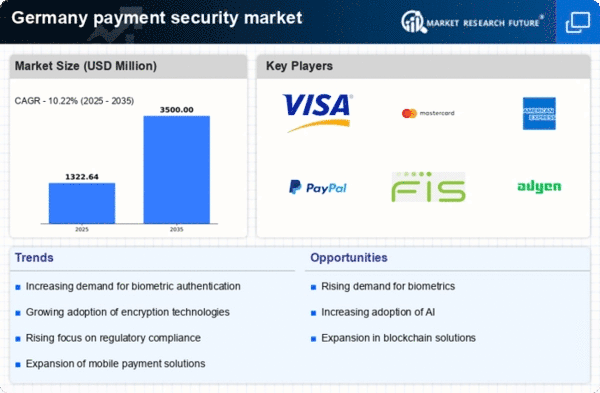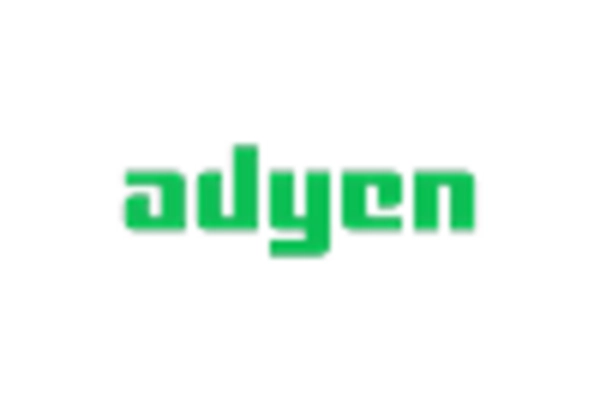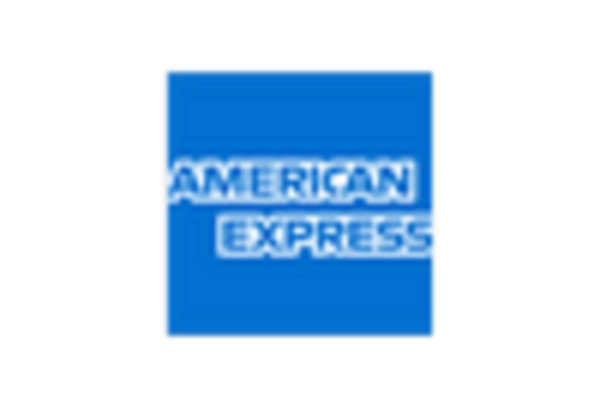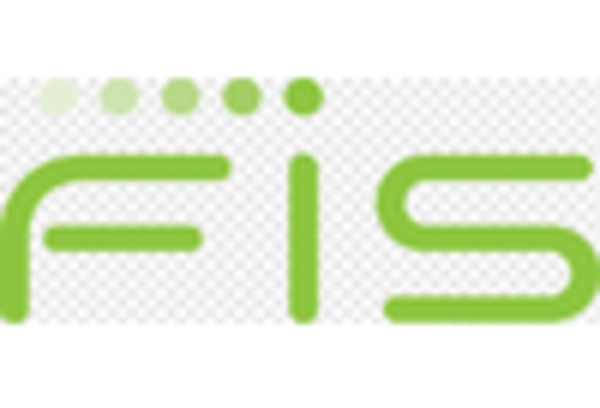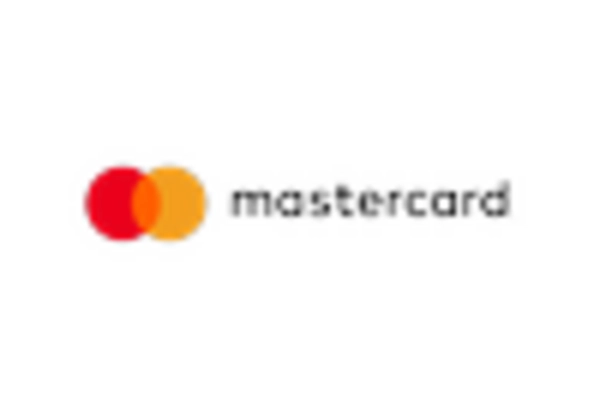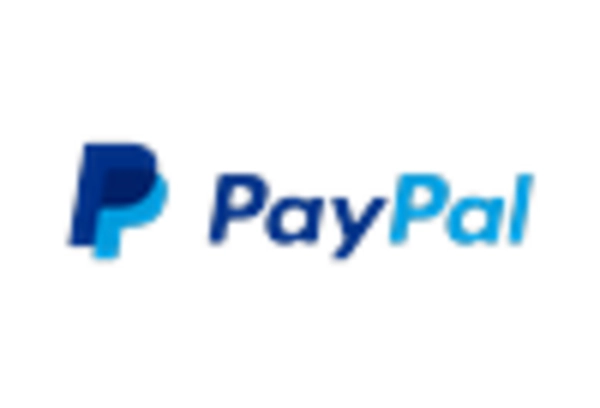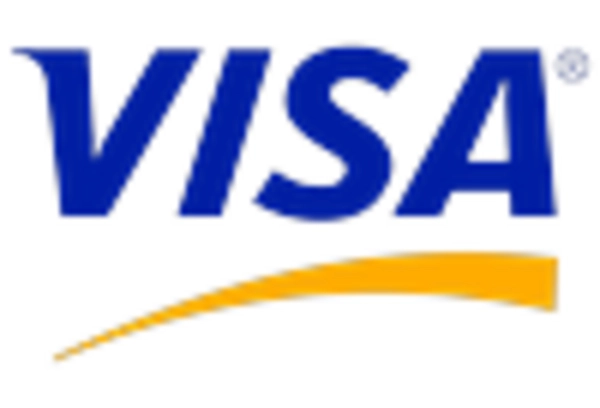Rising Cybersecurity Threats
The increasing frequency and sophistication of cyberattacks in Germany has heightened the demand for robust solutions in the payment security market. In 2025, it is estimated that cybercrime will cost the German economy approximately €100 billion annually. This alarming trend compels businesses to invest in advanced security measures to protect sensitive financial data. As a result, organizations are prioritizing the implementation of comprehensive security frameworks, which include encryption, tokenization, and multi-factor authentication. The payment security market is thus experiencing a surge in demand for innovative technologies that can effectively mitigate these threats, ensuring consumer trust and safeguarding financial transactions.
E-commerce Growth and Digital Payments
The rapid expansion of e-commerce in Germany is significantly influencing the payment security market. In 2025, online retail sales are projected to reach €100 billion, reflecting a growth rate of 15% compared to the previous year. This surge in digital transactions necessitates enhanced security measures to protect consumer information and prevent fraud. As more consumers opt for online shopping, businesses are compelled to adopt secure payment gateways and fraud detection systems. Consequently, the payment security market is witnessing increased investments in technologies that ensure secure online transactions, thereby fostering consumer confidence and driving market growth.
Consumer Awareness and Demand for Security
There is a growing awareness among consumers in Germany regarding the importance of payment security. Surveys indicate that approximately 70% of consumers prioritize security features when choosing payment methods. This heightened awareness is driving businesses to enhance their security protocols to meet consumer expectations. As a result, the payment security market is evolving to incorporate user-friendly security measures, such as biometric authentication and real-time transaction monitoring. Companies that fail to address these consumer demands risk losing market share, thereby propelling the need for innovative security solutions within the payment security market.
Technological Advancements in Payment Systems
Technological innovations are reshaping the payment security market in Germany. The rise of contactless payments and mobile wallets has created new security challenges that necessitate advanced protective measures. In 2025, it is projected that contactless transactions will account for over 50% of all payment transactions in Germany. This shift is prompting businesses to invest in cutting-edge technologies, such as blockchain and artificial intelligence, to enhance transaction security. As these technologies evolve, they are likely to play a pivotal role in the payment security market, offering solutions that not only protect against fraud but also streamline the payment process.
Regulatory Landscape and Compliance Requirements
The regulatory environment in Germany is becoming increasingly stringent, with new laws and regulations aimed at enhancing payment security. The implementation of the EU's Payment Services Directive 2 (PSD2) mandates strong customer authentication, which has significant implications for the payment security market. Businesses must adapt to these compliance requirements, leading to increased investments in security technologies. In 2025, it is anticipated that compliance-related expenditures will account for approximately 20% of total security budgets. This regulatory pressure is driving innovation and growth within the payment security market as organizations strive to meet legal obligations while ensuring consumer protection.


